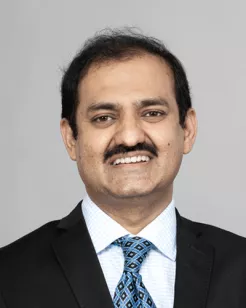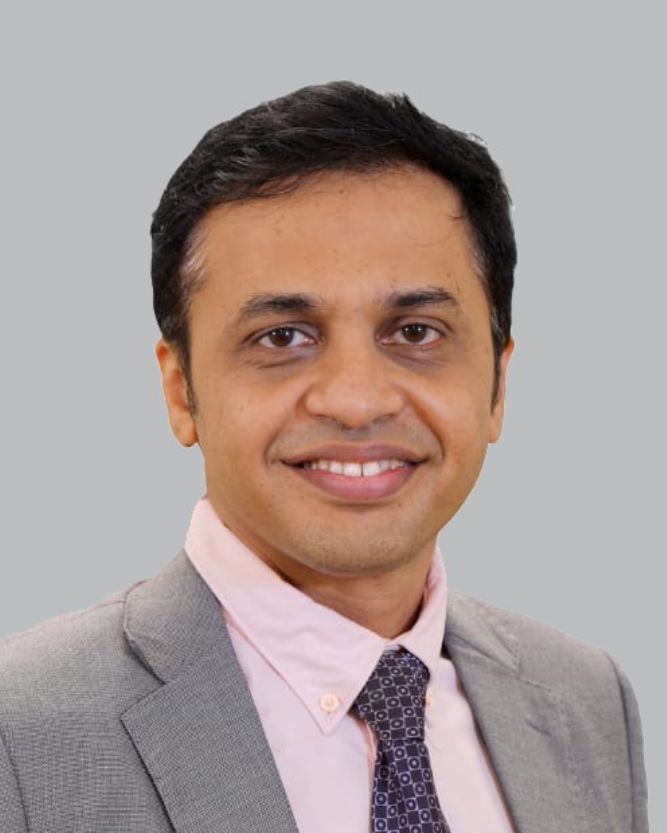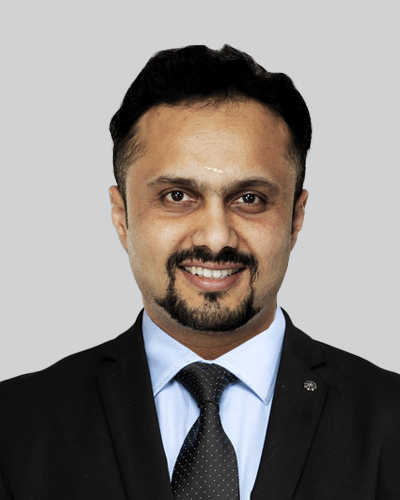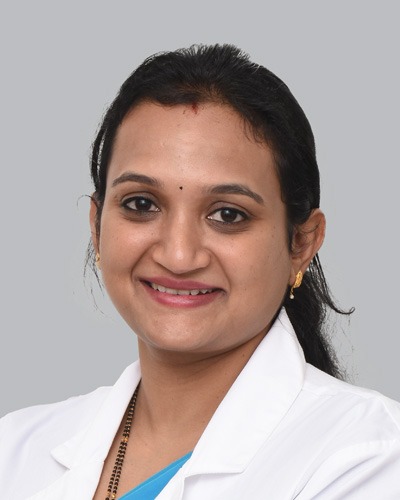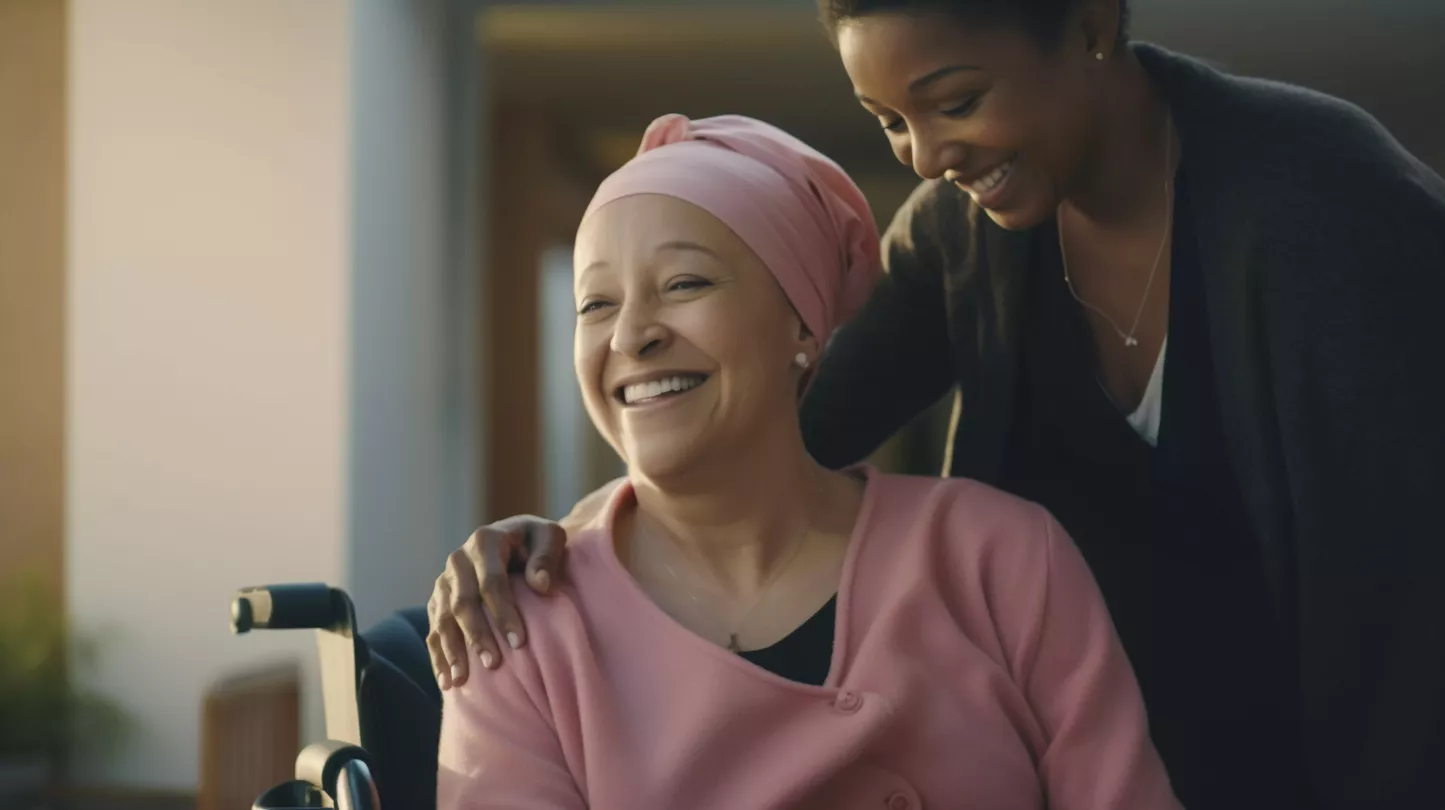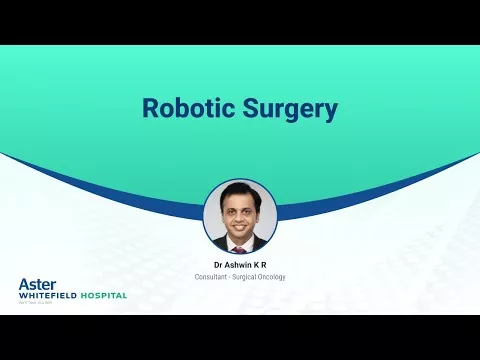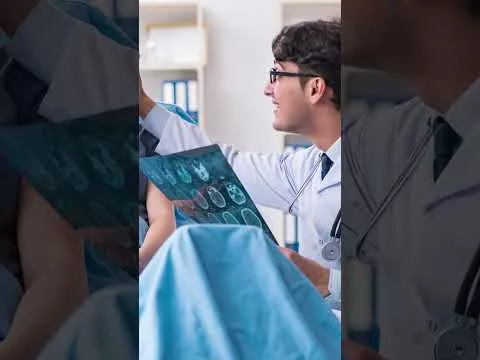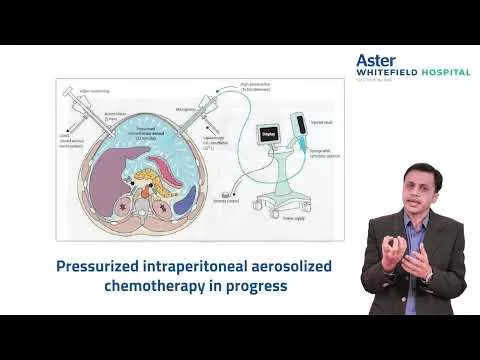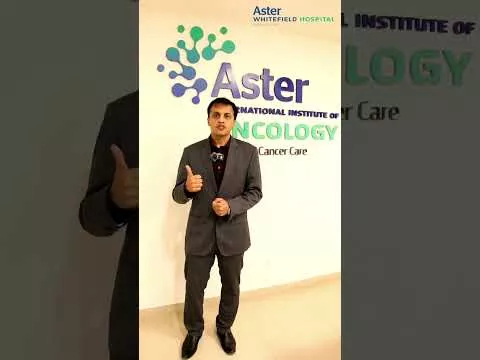Giving cancer patients a chance to live a healthy life once again, our experts perform a variety of surgical procedures for cancers of the breast, head and neck, thyroid, bone and soft tissue sarcomas and gynaecological concerns. We also perform a number of oncoplastic reconstruction surgeries which enable our patients to lead more fulfilled lives.
Advanced Technology & Facilities
Well equipped with the latest medical equipment, modern technology & infrastructure, Aster Hospital is one of the best hospitals in India.
Our state-of-the-art facilities incorporate cutting-edge technologies, ensuring precision in diagnostics, treatment, and monitoring, all aimed at providing our patients with the most effective and advanced care available.
- Intra Operative Electron Radiation Therapy (IOeRT)- 1st time in India which delivers precise radiation directly to a tumour during surgery.
- State-of-the-art LINAC (Elekta Versa HD)- helps to deliver very accurate external radiation beams with pinpoint accuracy during radiation therapy treatment.
- Digital PET/CT(United Imaging, UMI 550 Digital PET/CT scanner)- It is super-fast, taking images quickly with a rotation speed of 0.5 seconds.
- 4th Generation Da Vinci Robot Surgical System- makes use of highly magnified, 3D high-definition views of the surgery area and robotic arms to carry out minimally invasive surgery precisely.
- 3D Mammography (Selenia Dimensions Mammography System)- detects 20%-65% more aggressive breast cancers compared to 2D alone.
- HIPEC/PIPEC Procedures- Advanced treatment procedures, revolutionizing cancer care, enhancing survival rates, and significantly improving the quality of life.
- Scalp cooling system- To minimize hair loss during chemotherapy.
Blogs
The source of trustworthy health and medical information. Through this section, we provide research-based health information, and all that is happening in Aster Hospital.


